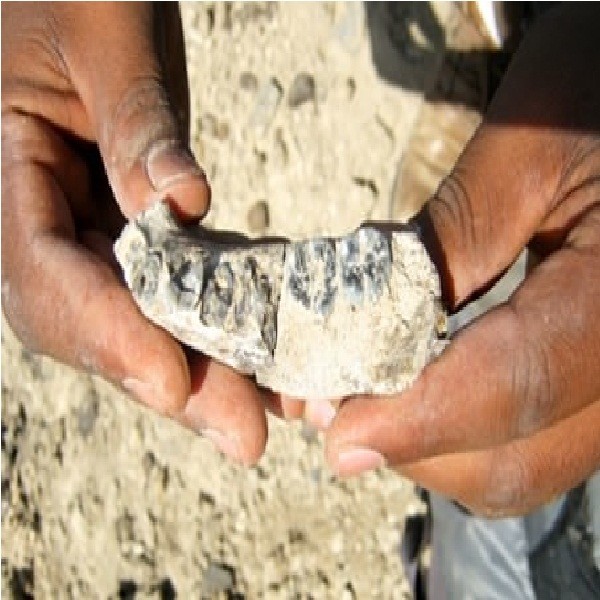Fossil hunters recently uncovered a lower jaw bone with five teeth intact along the hills of Ethiopia. The findings were reported to be the oldest remains ever to be uncovered and can be traced back to the genus Homo which is said to be the lineage where modern humans evolved from.
The fossils were discovered from a rocky slope near the dry and dusty Afar region of Ethiopia which sits around 250 miles from Addis Ababa. The research team that led uncovered the remains believe that the owner of the bones live more than 2.8million years ago when the area was still a rich and open grassland with shrubs and surrounded by rivers and wetlands, according to The Week.
The newly discovered bones were believed to be 400,000 years older than the fossil that previously held the record for as the earliest ancestor of the Homo lineage. The fossil was discovered at the site called Ledi-Geraru and shares some distinct features to the predecessor of the modern man called Australopithecus afarensis. The most well know specimen of this is the 3 million-year old Lucy which was uncovered in 1974 in Hadar which is about 40 miles away from the Ledi-Guru site.
The new discovery could unlock the dark part of the evolution timeline which is around two to three million years ago, during this time humans are undergoing crucial evolution process from ape-like humans to the early ancestors of the modern man, according to The Guardian.
University of Nevada researcher Brian Villmoare said, "This is the first inkling we have of that transition to modern behavior. We were no longer solving problems with our bodies but with our brains."
The researchers are yet to solve the puzzle behind the new discovery but some of them have already resumed excavation on January in order to find more evidence.



























